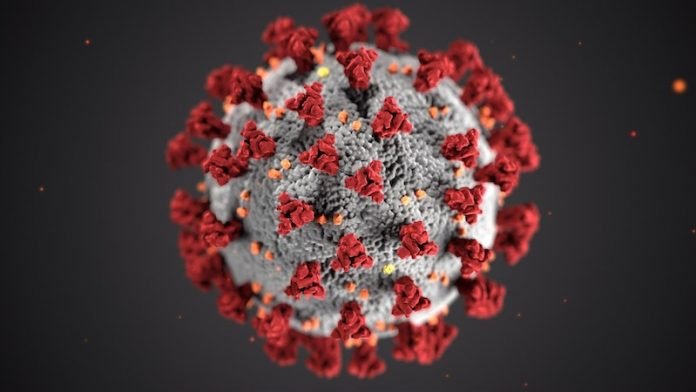
In a new study, researchers suggest the immune systems of people infected with COVID-19 may rely on antibodies created during infections from earlier coronaviruses to help fight the disease.
This knowledge could help researchers design new diagnostics, evaluate the healing powers of convalescent plasma, develop new therapeutic treatments, and—importantly—help design future vaccines or monoclonal antibody therapies capable of protecting against mutations that may occur in the COVID-19 virus.
The research was conducted by a team at Northern Arizona University and elsewhere.
COVID-19 isn’t humanity’s first encounter with a coronavirus, so named because of the corona, or crown-like, protein spikes on their surface.
Before SARS-CoV-2—the virus that causes COVID-19—humans have navigated at least 6 other types of coronaviruses.
In the study, the team used a tool called PepSeq to finely map antibody responses to all human-infecting coronaviruses.
Besides SARS-CoV-2, researchers examined the antibody responses from two other potentially deadly coronaviruses: MERS-CoV, which caused the 2012 outbreak in Saudi Arabia of Middle East Respiratory Syndrome; and SARS-CoV-1, the first pandemic coronavirus that caused the 2003 outbreak in Asia of Severe Acute Respiratory Syndrome.
All three are examples of coronaviruses that infect animals, but evolved to make people sick and became new human pathogens.
The team also examined the antibody responses of four older coronaviruses.
These so-called “common” coronaviruses are endemic throughout human populations, but usually are not deadly and cause mild upper respiratory infections similar to those of the common cold.
They found that SARS-CoV-2 could summon immune system antibodies originally generated in response to past coronavirus infections.
The results suggest that the COVID-19 virus may awaken an antibody response that existed in humans prior to our current pandemic, meaning that people might already have some degree of pre-existing immunity to this virus.
The findings could help explain the widely varying reactions COVID-19 patients have to the disease; from mild to no symptoms, to severe infections requiring hospitalization, and often resulting in death.
It’s also possible that differences in the pre-existing antibody response identified by this study could help to explain some of the differences in how severely COVID-19 disease manifests in old versus young people, who will have different histories of infections with the common coronaviruses.
One author of the study is John Altin, Ph.D.
The study is published in the journal Cell Reports Medicine.
Copyright © 2021 Knowridge Science Report. All rights reserved.



